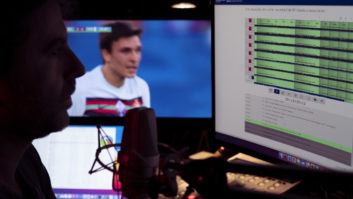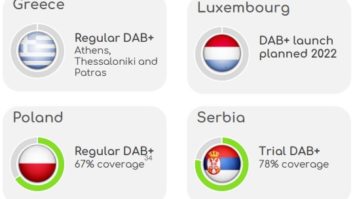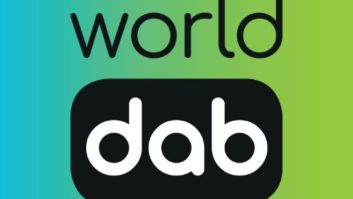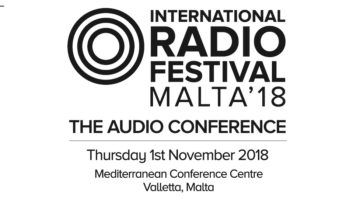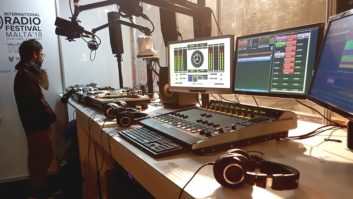
The Grande Halle De La Villette in Paris. Credit: Will Jackson
PARIS — The United Kingdom was the featured country at the start of the European Radio Show/Salon de la Radio in Paris, running Jan 29–31 in Paris.
A big panel comprising all sectors of U.K. radio opened the festival, with BBC, commercial and community radio represented, alongside the U.K. government and digital radio. Ian O’Neill from the Department of Culture, Media and Sport, described the British radio sector as “strong, valued and increasingly diverse.”
DIVERSE MEDIUM
Will Harding from Global Radio, the U.K.’s largest commercial radio operator, said the biggest challenge to radio was now the decline in time spent listening by young people; he highlighted Global’s investment in apps and digital brands.
BBC Radio’s Alan Davey said that radio is a small industry and can collaborate and adapt quickly to respond to challenges; he said audio is an enduring audience need, while streaming only serves some, not all of the needs that radio serves.
A later session explored the radio listening of millennials in more detail. Edison Research’s “Share of Ear” survey in the United States found 37 percent of listening was to broadcast AM/FM radio for millennials, against 54 percent for all listeners aged 13+.
The BBC’s Elizabeth Lane said its research showed a loss of five hours per person among under 25 year olds in the last 10 years. Matt Deegan of U.K. childrens’ digital radio station Fun Kids had found success with visualization and You Tube content, alongside its DAB+ national coverage.
Elsewhere during the show, the European Broadcasting Union officially launched its .radio “top level domain,” with the pre-launch application process for radio stations starting in May.
The EBU says it will be expecting high demand for the domain, because it is specific to radio, and managed by the industry itself, with requirements in place to prevent “cyber-squatting.” The domains have an expected price of around €200 ($215), with reductions for individuals such as industry professionals and amateur radio enthusiasts.

